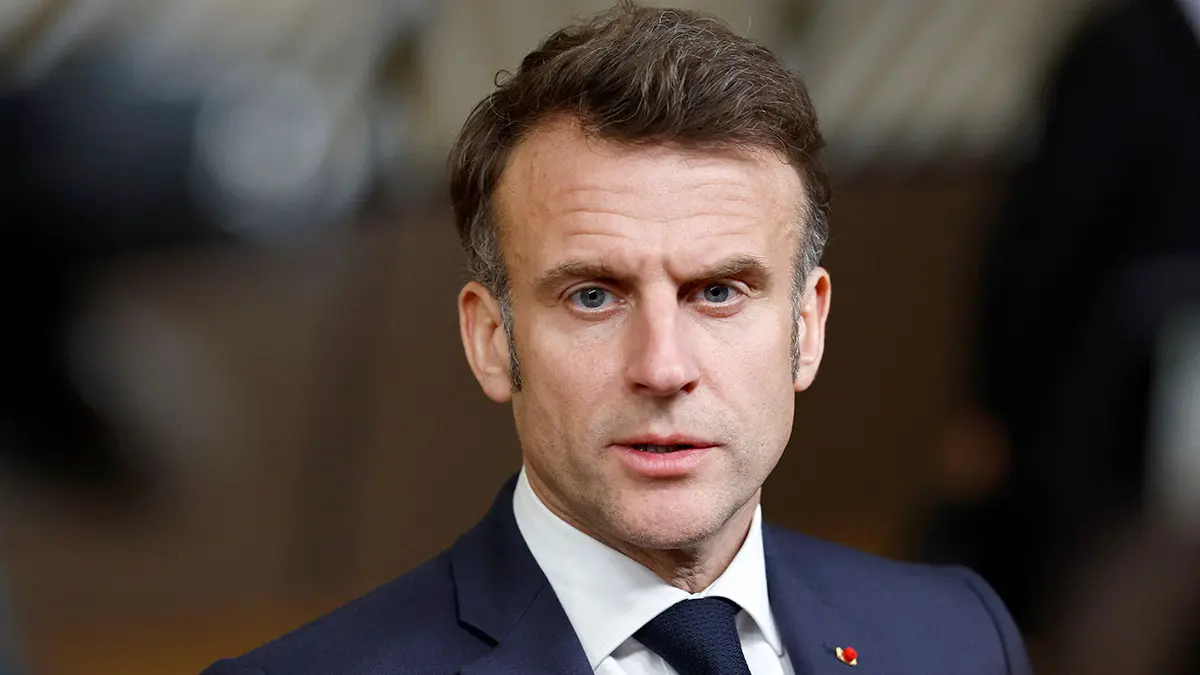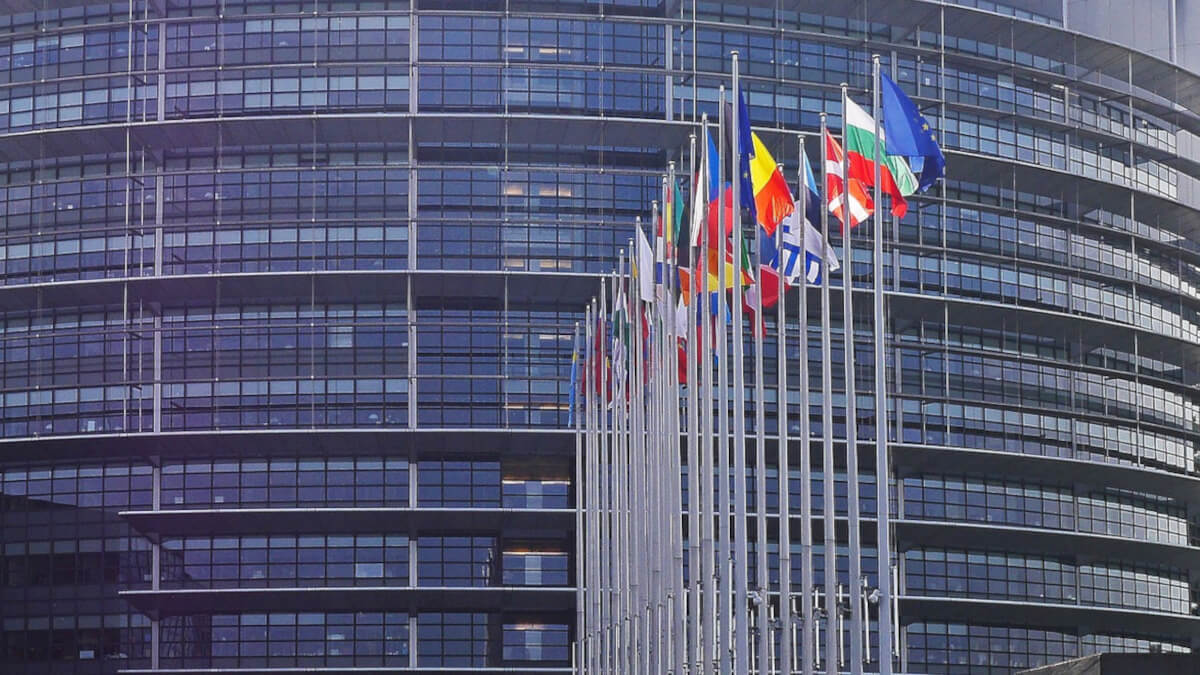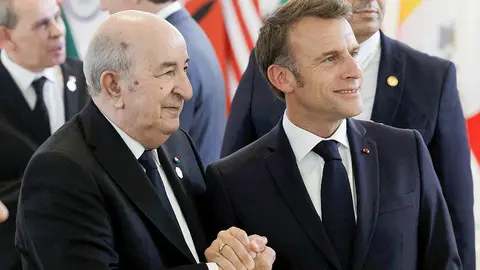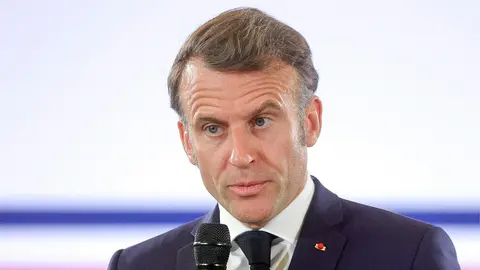France seeks European support to ban Schengen visas for Algerians

Emmanuel Macron, President of France, has decided to urge the French government to impose greater restrictions on Algerian diplomatic visas for entry into the country amid the political dispute between the European nation and Algeria over the diplomatic rift caused by French support for Morocco's proposal for autonomy in Western Sahara, which is totally opposed by the Algerian state.
Amid this political tension, France is imposing even more restrictions on the issuance of diplomatic visas for Algerians who wish to enter French territory, citing the problems posed by the North African country in refusing to accept citizens deported for various negative reasons and in failing to tackle irregular migration as it should, according to sources in France.
In a letter to French Prime Minister François Bayrou, released by Reuters, President Macron stated that the growing difficulties France faces with Algeria on migration and security require a firmer stance against the Algerian nation. The French head of state also asked Foreign Minister Jean-Noël Barrot to officially notify Algiers of the suspension of a 2013 agreement exempting holders of diplomatic and official passports from visa requirements.
In this scenario, France is now also seeking the European Union's support in banning Schengen visas for Algerians, a request that Emmanuel Macron activated through the French Ministry of the Interior, in relation to the issuance of short-stay visas for the Algerian officials in question and passports covered by the 2013 agreement.

However, the issue is not straightforward. Article 22 of the Schengen Agreement states that ‘a Member State may request the central authorities of other Member States to carry out prior consultations when examining visa applications submitted by nationals of third countries or certain categories of such nationals,’ and France is resorting in this case to European complicity to restrict the movement of Algerian diplomats by banning Schengen visas for them. but the Schengen Agreement prohibits the use of Article 22 for purely political reasons, and Algeria can argue that the restrictions now being imposed are precisely for purely political reasons.
In this case, the French authorities could inform the European Commission and the countries belonging to the Schengen area that they have decided, for security and administrative reasons, to subject Algerian visa applications to Article 22. They could justify their position by citing the increase in irregular migration and Algeria's lack of cooperation in returning migrants who have been rejected because they are involved in negative issues or procedures.
France is thus taking measures relating to the management of the Schengen area to restrict as far as possible visa options for the Algerian diplomatic corps, as well as for students and workers, in terms of movement within European territory. This comes at a time when France has issued an international arrest warrant against Salaheddine Salloum, former first secretary of the Algerian Embassy in Paris between 2021 and 2024, as reported by Le Monde, on charges of alleged involvement in a terrorist criminal organisation with the aim of committing crimes.
Relations between France and Algeria are therefore not at their best, and the French authorities are working to ‘Europeanise’ their crisis with the Maghreb country, using the Schengen area as a tool to extend and generalise their measures against Algeria, in particular the suspension of the diplomatic and service visa waiver agreement, which has been accompanied by a reduction in study, work and family reunification visas for Algerian individuals and families.
The French initiative aims to politically harass Algerians by blocking their attempts to enter European territory and countering Algeria's intention to guarantee access for its diplomatic personnel. This would serve to settle scores with Algeria, responding to the political confrontation unleashed by the Algerian state over French support for Morocco's sovereignty over Western Sahara, as various analysts and media outlets such as Al-Arab have pointed out.










